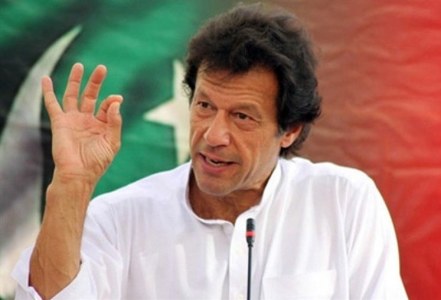Chief Justice (CJP) Mian Saqib Nisar on Tuesday gave the government a week's time to call a special session of the cabinet to determine what action will be taken against a former army chief, retired Gen Mirza Aslam Beg, and a former director general (DG) of Inter-Services Intelligence, retired Lt Gen Asad Durrani, for rigging the 1990 elections against the PPP.
In an October 2012 short order issued by the Supreme Court (SC), the federal government had been directed to take action — within the bounds of the 1973 Constitution and the law — against Beg and Durrani for their role in 'facilitating' a group of politicians and political parties in the 1990 elections.
The ruling was made in the notorious Asghar Khan case, after retired Air Marshal Asghar Khan, who had accused the two powerful military men of corrupting the democratic process with money.
A day earlier, the SC had discarded review petitions filed by Beg and Durrani and asked what action the government had taken to implement the court's verdict in the past six years.
In today's hearing, the chief justice said it was up to the government to decide whether the guilty should be charged under Article 6 of the Constitution or not. Article 6 deals with high treason.
The attorney general told the CJP that criminal proceedings in the case could start only once the Federal Investigation Agency (FIA) concludes its investigation. The chief justice responded that the investigations "had stopped at one point" and no further action was taken by the government.
The attorney general requested the court for two weeks' time for the cabinet to schedule a meeting, saying the agenda for upcoming meetings had been laid out already.
Justice Nisar, however, turned down the request and ordered that a special meeting be called in a week's time.
Justice Nisar also reprimanded Salman Akram Raja, who is representing Khan's wife and son, for discussing the case on a private television channel, saying that it could be counted as contempt of court.
Asghar Khan case
In 1996, retired Air Marshal Khan had filed a human rights petition in the Supreme Court of Pakistan, accusing Inter-Services Intelligence (ISI) of doling out money to a group of politicians in the 1990s.
The case was initiated by the air marshal after Benazir Bhutto's interior minister, retired general Naseerullah Babar, had disclosed in the National Assembly in 1994 how the ISI had disbursed funds to purchase the loyalty of politicians and public figures so as to manipulate the 1990 elections, form the Islami Jamhoori Ittehad (IJI), and affect the defeat of the PPP.
Close to 16 years after the petition was filed, the Supreme Court — in a judgement penned by then chief justice Iftikhar Chaudhry — had ruled that the 1990 general elections had been polluted by dishing out Rs140 million to a particular group of politicians only to deprive the people of being represented by their chosen representatives.
The court had, however, thrown the ball back to the then PPP government by directing it to take necessary action under the Constitution and law against Beg and Durrani for their role in rigging the 1990 elections.











































